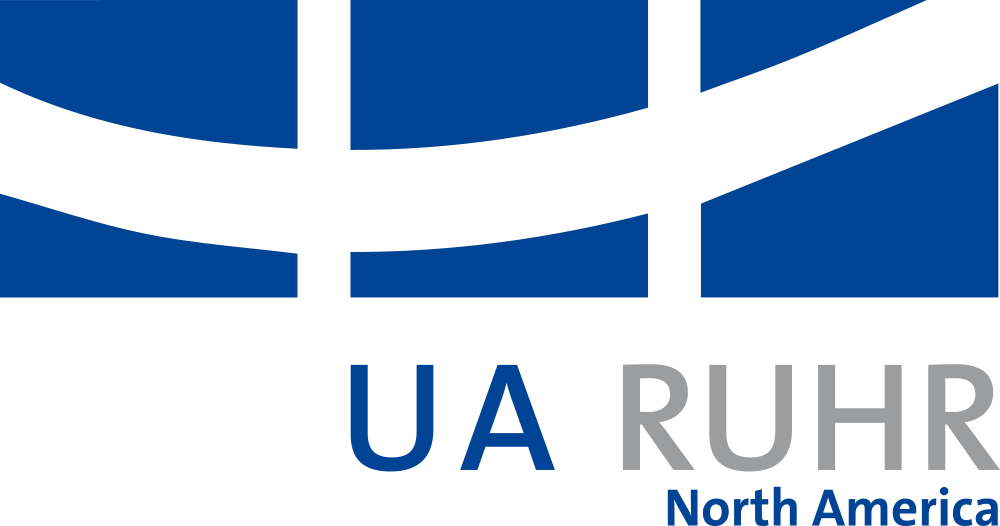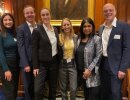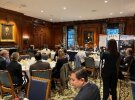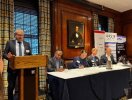UA Ruhr News Center
30. 11. 2022
Science Diplomacy in International Organizations: Fostering Multilateral Resilience and Driving Sustainable Innovations
University Alliance Ruhr, the German Center for Research and Innovation and UAS7, supported by the German Consulate General brought together high-level science diplomacy experts and practitioners on November 30, 2022, to deliberate on the role of science diplomacy and multilateralism for the most pressing global issues.
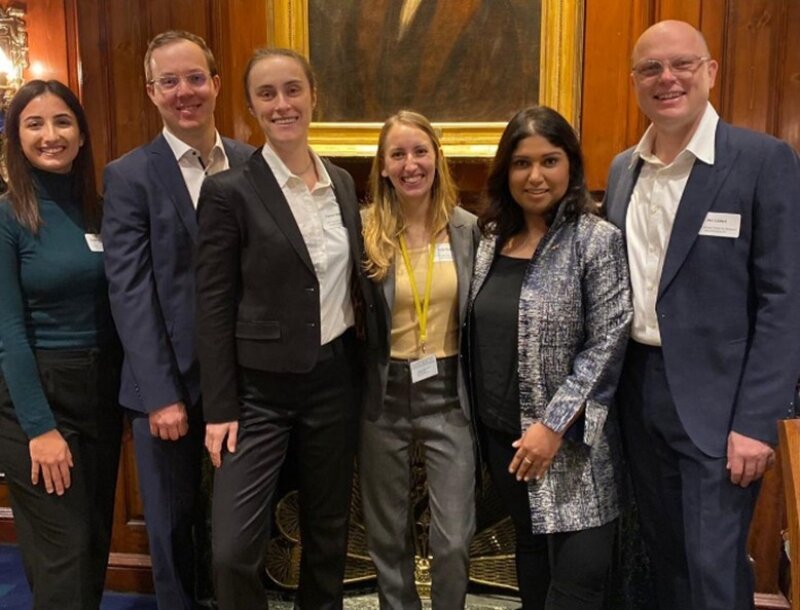
Science Diplomacy, an umbrella term, describes both formal and informal collaborations between stakeholders from science, policy, and diplomacy, which involve various governmental or diplomatic organizations as well as non-governmental and other institutions. These collaborations typically address research based and practice oriented international relations, global policy making, societal challenges, differences in cultures and belief-systems, and/or politically delicate situations.
Introduction by Priya S Nayar, Executive Director of UA Ruhr was followed by a welcome address by Deputy Consul General Wolfram von Heynitz from the German Consulate New York. The event featured presentations by Dr. Bill Hunter, Lehigh University (UA Ruhr’s partner institution), Katarina Kuai, United Nations Development Coordination Office, and Mathy V. Stanislaus, Drexel University. Jan Lüdert, Head of Programs at DWIH New York, led through the program which highlighted discussion tables for all participants. The event was concluded up by Patrizia Nobbe, UAS7.
The speakers raised questions around the use of sustainable technologies, diversification of the sciences, building trust in science and, most importantly, the early inclusion of education on these subjects into university curricula. The discussion yielded results in form of a framework to effectively implement the ideas brought up during the event. To reach the implementation of Sustainable Development Goals, science diplomacy and its foundations need to be taught early on in higher education, as a baseline class at schools and universities. Decision-making processes need to become more inclusive on local as well as global levels, which would further develop the trust between stakeholders and strengthen the important role of sciences and humanities in resolving the worlds’ most pressing issues. Universities and colleges play a critical role in addressing these problems, they hold the capacity and means, and their effects should be available on a local as well as a global level.
For more information, please visit this event's page.
Contact for inquiries:
Kira Heetpass, Project Assistant
intern@uaruhr.de

